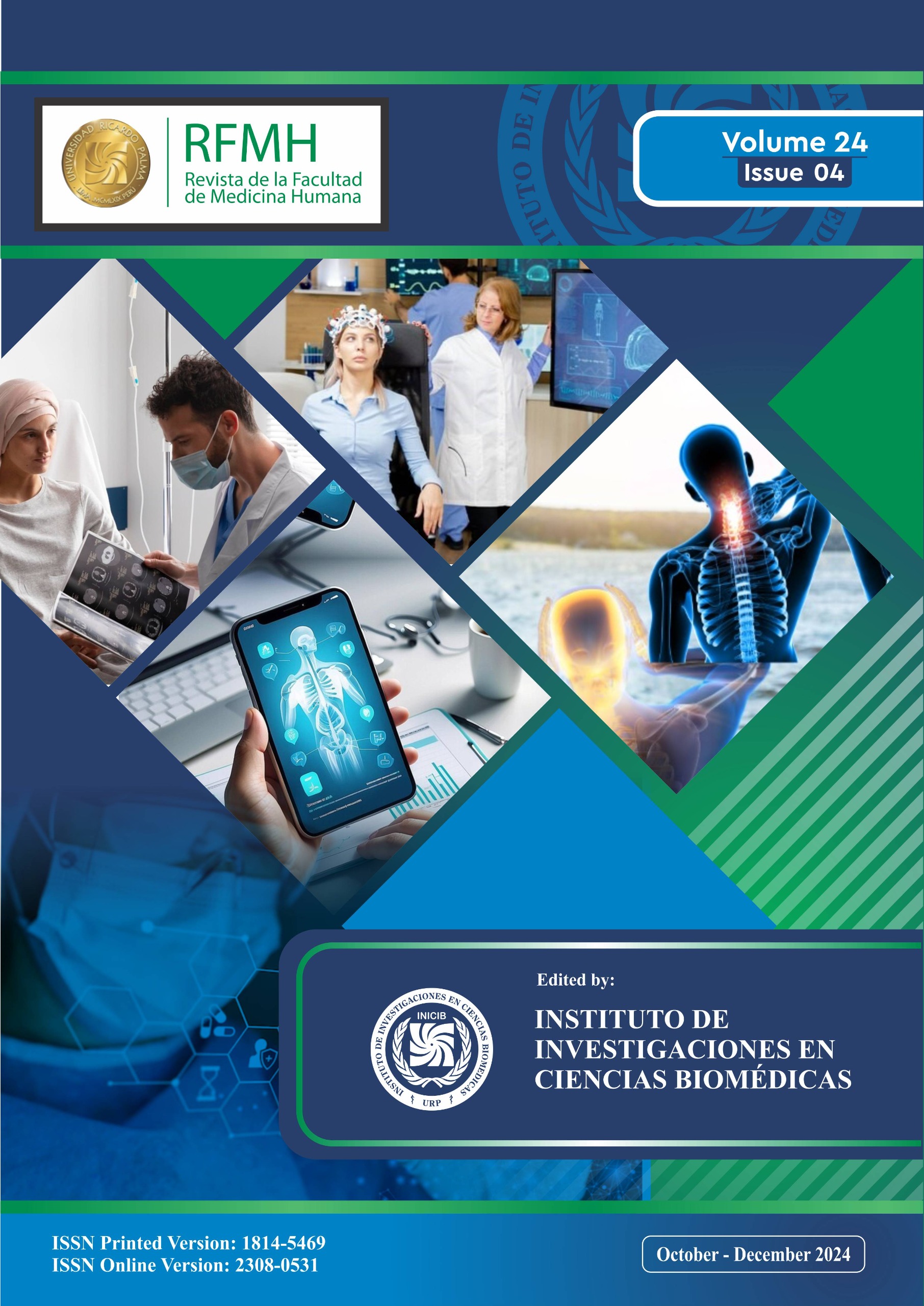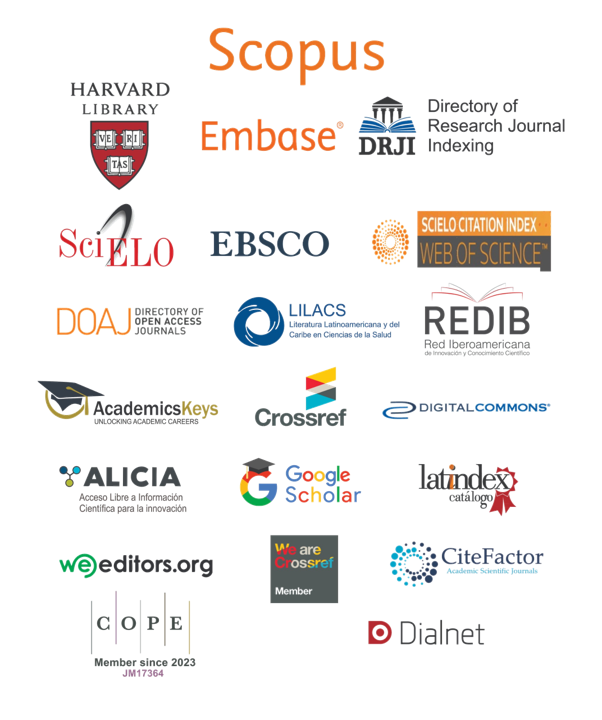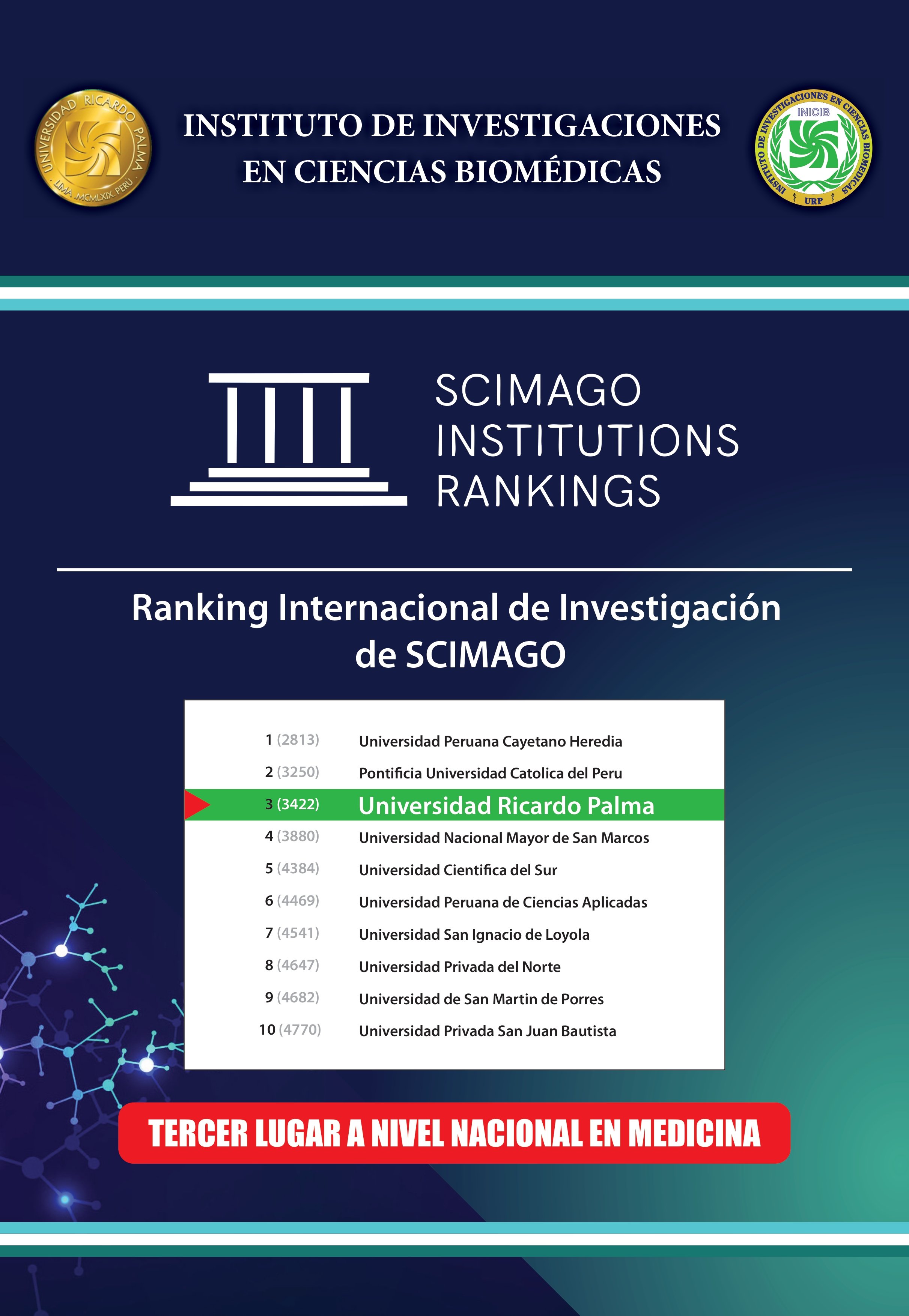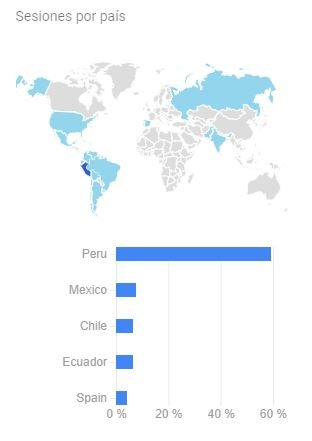Correlation between oral health morbidity and Google search trends in Peru, 2021–2022
Correlación entre la morbilidad en salud bucal y las tendencias de búsqueda en Google en Perú, 2021–2022
Keywords:
Google trends, oral health, internet access, dental care, dental caries, gingivitis, malocclusion, PeruAbstract
Introduction: Diseases of the oral cavity increasingly affect the world population, especially developing countries such as Peru. Objective: Determine the association between morbidity and search interest in oral health in Peru, 2021-2022. Methods: Observational, analytical, cross-sectional, retrospective study. The website of the Single National Repository of Health Information was entered, with the purpose of accessing the database of oral health morbidity in patients who attended a health facility belonging to the Ministry of Health. Next, the Google Trends platform was accessed to determine the search interest of the main oral diseases carried out through Google in Peru. To determine the association between quantitative variables, Spearman's correlation coefficient was used with a significance level of p < 0.05. Results: A very low positive correlation was found without statistically significant differences between the relative search volume (VRB) on dental wear, tooth loss and dental malocclusion with their corresponding numbers of cases (Spearman's Rho= 0.176, p= 0.412; Rho Spearman's = 0.241, p = 0.257; Spearman's rho = 0.142, p = 0.507); respectively. In contrast, the VRB on dental caries shows a strong positive correlation with statistically significant differences with the number of cases (Spearman's rho= 0.751, p= 0.001). Conclusion: Our study found that the VRB of dental caries was the only term that presented a strong statistical correlation and was associated with the number of visits for dental caries.
Keywords: Google trends; oral health; internet access; dental care; dental caries; gingivitis; malocclusion; Peru. (Source. DeCS-Bireme)
Downloads
References
Organización Mundial de la Salud (OMS). Salud bucal. [internet] 2023 [citado 11/01/2024]. Disponible en: https://www.who.int/health-topics/oral-health/#tab=tab_1
Organización Mundial de la Salud (OMS). Informe sobre la situación mundial de la salud bucodental: hacia la cobertura sanitaria universal para la salud bucodental de aquí a 2030. Resumen ejecutivo. Ginebra: OMS [internet] 2022 [citado 23/01/2024]. Disponible en: https://iris.who.int/bitstream/handle/10665/364907/9789240061880-spa.pdf?sequence=1
Ministerio de Salud. Prevalencia nacional de caries dental, fluorosis de esmalte y urgencia de tratamiento en escolares de 6 a 8, 10, 12 y 15 años, Perú. 2001-2002. MINSA. [internet] 2005 [citado 21/01/2024]. Disponible en: https://www.dge.gob.pe/publicaciones/pub_caries/prevalencia_caries.pdf
Organización Mundial de la Salud (OMS). La OMS destaca que el descuido de la salud bucodental afecta a casi la mitad de la población mundial [internet] 2023 [citado 20/02/2024]. Disponible en: https://n9.cl/grl8i
Ministerio de Salud (MINSA). Repositorio Único Nacional de Información en Salud (REUNIS). Morbilidad en Salud Bucal. [internet] 2023 [citado 21/01/2024]. Disponible en: https://www.minsa.gob.pe/reunis/data/tablero_salud-bucal.asp
Ceretti E, Covolo L, Cappellini F, Nanni A, Sorosina S. Evaluating the Effectiveness of Internet-Based Communication for Public Health: Systematic Review. J Med Internet Res. 2022; 24(9): e38541. doi: 10.2196/38541.
Romero-Alvarez D, Parikh N, Osthus D, Martinez K, Generous N, del Valle S, et al. Google Health Trends performance reflecting dengue incidence for the Brazilian states. BMC Infect Dis 2020;20: 252. doi: 10.1186/s12879-020-04957-0
Neumann K, Mason SM, Farkas K, Santaularia NJ, Ahern J, Riddell CA. Harnessing Google Health Trends Data for Epidemiologic Research. Am J Epidemiol. 2023; 192(3): 430-7. doi: 10.1093/aje/kwac171.
Samadbeik M, Garavand A, Aslani N, Ebrahimzadeh F, Fatehi F. Assessing the online search behavior for COVID-19 outbreak: Evidence from Iran. PLoS One. 2022;17(7): e0267818. doi: 10.1371/journal.pone.0267818.
Sicińska-Dziarnowska M, Szyszka-Sommerfeld L, Wozniak K, Lindauer SJ, Spagnuolo G. Predicting Interest in Orthodontic Aligners: A Google Trends Data Analysis. Int. J. Environ. Res. Public Health 2022, 19, 3105. doi: 10.3390/ijerph19053105
Aquino-Canchari CR, Caira-Chuquineyra BS. Exploratory Google Trends study of user concerns about oral problems. Rev. Cubana de Investigaciones Biomédicas. 2020; 39 (3): e606. Disponible en: https://revibiomedica.sld.cu/index.php/ibi/article/view/606
Mayo-Yáñez M, Calvo-Henríquez C, Chiesa-Estomba C, Lechien JR, González-Torres L. Google Trends application for the study of information search behaviour on oropharyngeal cancer in Spain. Eur Arch Otorhinolaryngol. 2021; 278(7):2569-75. doi: 10.1007/s00405-020-06494-7
Watt RG, Daly B, Allison P, Macpherson LMD, Venturelli R, Listl S, et al.
Ending the neglect of global oral health: time for radical action. Lancet. 2019;394(10194):261-272. doi: 10.1016/S0140-6736(19)31133-X
Lüders A, Brettner J, Hausmann J, Kuhn J. Oral health in health reporting. Bundesgesundheitsblatt Gesundheitsforschung Gesundheitsschutz. 2021; 64(7):812-20. doi: 10.1007/s00103-021-03346-5.
Peres MA, Macpherson LMD, Weyant RJ, Daly B, Venturelli R, Mathur MR, et al. Oral diseases: a global public health challenge. Lancet. 2019;394(10194):249-60. doi: 10.1016/S0140-6736(19)31146-8.
Listl S, Quiñonez C, Vujicic M. Including oral diseases and conditions in universal health coverage. Bull World Health Organ. 2021; 99(6):407. doi: 10.2471/BLT.21.285530.
Locker D1, Quiñonez C. To what extent do oral disorders compromise the quality of life? Community Dent Oral Epidemiol. 2011;39(1):3–11. doi: 10.1111/j.1600-0528.2010.00597.x.
Mavragani A, Ochoa G. Google Trends in Infodemiology and Infoveillance: Methodology Framework. JMIR Public Health Surveill. 2019; 5(2): e13439. doi: 10.2196/13439.
Rizzato VL, Lotto M, Lourenço Neto N, Oliveira TM, Cruvinel T. Digital surveillance: The interests in toothache-related information after the outbreak of COVID-19. Oral Dis. 2022; 28 (Suppl 2):2432-2441. doi: 10.1111/odi.14012.
Tan YR, Jawahir S, Doss JG. Oral healthcare seeking behavior of Malaysian adults in urban and rural areas: findings from the National Health and Morbidity Survey 2019. BMC Oral Health. 2023; 23: 719. doi: https://doi.org/10.1186/s12903-023-03470-5.
Herkrath FJ, Vettore MV, Werneck GL. Utilisation of dental services by Brazilian adults in rural and urban areas: a multi-group structural equation analysis using the Andersen behavioural model. BMC Public Health. 2020; 20: 953. doi: https://doi.org/10.1186/s12889-020-09100-x
Oliveira D, Vargas IA, Busato ALS, Brondani M, Bavaresco CS, Moura FRR. Factors associated with the municipal provision of orthodontics in the Brazilian Unified Health System. Community Dent Health. 2022; 39(4):267-74. doi: 10.1922/CDH_00156Oliveira08.
Zhou X, Gao J, Holden ACL, Nanayakkara S. Perceptions and attitudes of dental practitioners towards impacts of COVID-19 pandemic on clinical dentistry: a cross-sectional study. BMC Oral Health. 2022; 22: 424. doi: 10.1186/s12903-022-02457-y
Van N, Van V, Van N, Duc D, Anh H. The prevalence of dental caries and associated factors among secondary school children in rural highland Vietnam. BMC Oral Health. 2021; 21: 349. doi: https://doi.org/10.1186/s12903-021-01704-y
Kazeminia M, Abdi A, Shohaimi S, Jalali R, Vaisi-Raygani A, Salari N, et al. Dental caries in primary and permanent teeth in children’s worldwide, 1995 to 2019: a systematic review and meta-analysis. Head Face Med. 2020; 16: 22. doi: https://doi.org/10.1186/s13005-020-00237-z
King S, Thaliph A, Laranjo L, Smith BJ, Eberhard J. Oral health literacy, knowledge and perceptions in a socially and culturally diverse population: a mixed methods study. BMC Public Health 2023; 23: 1446. doi: https://doi.org/10.1186/s12889-023-16381-5
Lombardo G, Vena F, Negri P, Pagano S, Barilotti C, Paglia L, et al. Worldwide prevalence of malocclusion in the different stages of dentition: A systematic review and meta-analysis. Eur J Pediatric Dent. 2020; 21(2):115-122. doi: 10.23804/ejpd.2020.21.02.05
Göranson E, Sonesson M, Naimi-Akbar A, Dimberg L. Malocclusions and quality of life among adolescents: a systematic review and meta-analysis. Eur J Orthod. 2023; 45(3):295-307. doi: 10.1093/ejo/cjad009.
Bastani P, Mohammadpour M, Mehraliain G, Delavari S, Edirippulige S. What makes inequality in the area of dental and oral health in developing countries? A scoping review. Cost Eff Resour Alloc. 2021; 19: 54. doi: https://doi.org/10.1186/s12962-021-00309-0
Ministerio de Salud (MINSA). El 90,4% de los peruanos tiene caries dental. MINSA [internet] 2020 [citado 30/05/2024]. Disponible en: https://acortar.link/yA4PuM
Patthi B, Kumar JK, Singla A, Gupta R, Prasad M, Ali I, et al. Global Search Trends of Oral Problems using Google Trends from 2004 to 2016: An Exploratory Analysis. J Clin Diagn Res. 2017; 11(9): ZC12-6. doi: 10.7860/JCDR/2017/26658.10564.
Lotto M, Ayala Aguirre PE, Rios D, Andrade Moreira Machado MA, Pereira Cruvinel AF, Cruvinel T. Analysis of the interests of Google users on toothache information. PLoS One. 2017; 12(10): e0186059. doi: 10.1371/journal.pone.0186059
Alzghaibi H. People behavioral during health information searching in COVID-19 era: a review. Front Public Health. 2023; 11:1166639. doi: 10.3389/fpubh.2023.1166639.
Weaver JB, Mays D, Weaver SS, Hopkins GL, Eroğlu D, Bernhardt JM. Health information–seeking Behaviors, health indicators, and health risks. Am J Public Health. 2010; 100:1520–5. doi: 10.2105/AJPH.2009.180521
Büyükçavuş MH et al. Assessment of Worldwide internet data on the interest in Orthodontics: a Google trends Analysis. Online Türk Sağlık Bilimleri Dergisi. 2020;5(4):582-90. doi: 0.26453/otjhs.774921
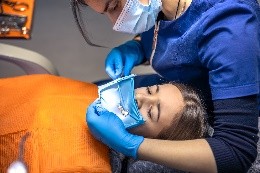
Downloads
Published
How to Cite
Issue
Section
License
Copyright (c) 2025 Revista de la Facultad de Medicina Humana

This work is licensed under a Creative Commons Attribution 4.0 International License.



